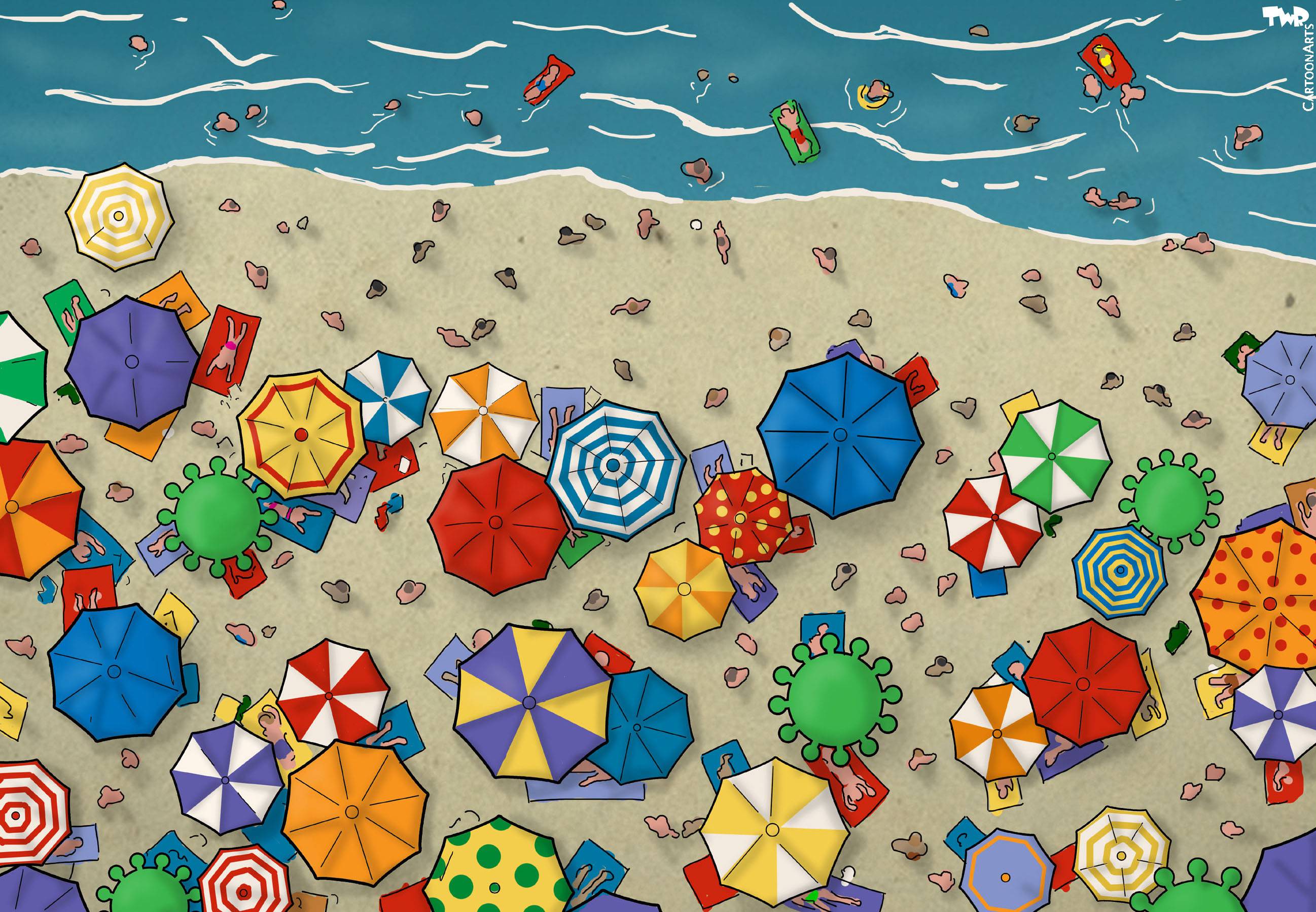The technology already exists to detect most new cases of COVID-19 in the United States. And it’s not even that expensive. While the country was locked down, scientists developed a number of fast, easy test kits that could flag infections in homes, offices or medical centers. Others have devised wearable devices that can monitor the subtle changes in heartbeat that occur before people show symptoms.
Holding all this back are fears about privacy, inappropriate regulation and a defeatist attitude about testing and contact tracing. Americans seem wedded to the belief that an overwhelming number of cases are caught by passing strangers on the sidewalk or in the supermarket, despite growing evidence they come primarily from close contacts, which can be traced, or crowds, which can be avoided.
The recent kerfuffle over a World Health Organization statement on "asymptomatic” carriers highlights the level of emotion driving the discussion. Maria Van Kerkhove, the WHO director of infectious diseases, first said that cases in which totally asymptomatic people transmit the disease are rare. She later amended that, saying such asymptomatic cases are not well understood.



